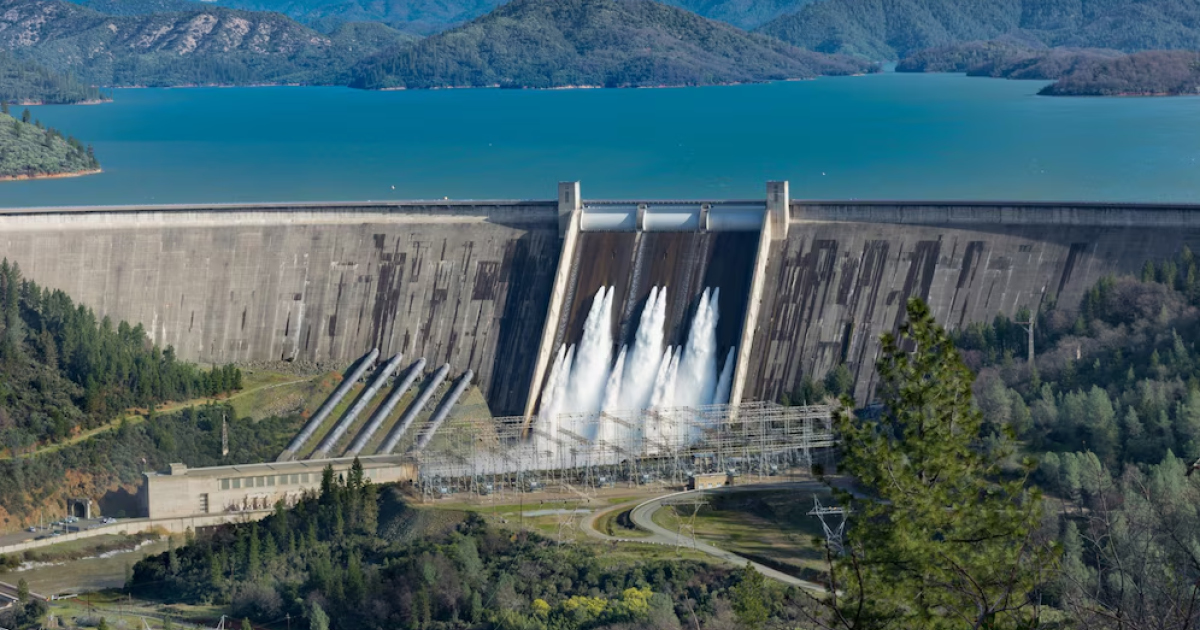- 2.5Impact Factor
- 5.5CiteScore
- 20 daysTime to First Decision
Emerging Approaches in Hydrology and Water Resources
This special issue belongs to the section “Earth Sciences“.
Special Issue Information
Dear Colleagues,
This Special Issue of Applied Sciences is dedicated to exploring the latest emerging approaches in hydrology and water resources, with a focus on their applications in addressing the challenges of a changing climate. Specifically, we seek contributions that showcase innovative approaches in hydrological modeling, uncertainty analysis, flood and drought forecasting, hydrodynamic modeling, and extreme hydrological events.
We invite papers that highlight novel approaches to hydrological modeling, such as machine learning, deep learning, and other forms of artificial intelligence, and their potential applications in water resources management. We are also interested in papers that examine innovative approaches to uncertainty analysis in hydrology and climate change, as well as those that demonstrate new techniques for flood and drought forecasting.
In addition, we welcome contributions that showcase emerging approaches to hydrodynamic modeling and simulation, and their potential for improving our understanding of complex water systems. Finally, we invite papers that explore new methods for detecting, monitoring, and responding to extreme hydrological events, such as floods, droughts, and landslides.
We encourage original research papers, review articles, and case studies that demonstrate the innovative applications of emerging approaches in hydrology and water resources management. The goal of this Special Issue is to bring together researchers and practitioners from diverse backgrounds to share their insights, experiences, and best practices in using emerging approaches to address the complex challenges of hydrology and water resources management.
We hope that this Special Issue will inspire new research collaborations and advance our understanding of the role of emerging approaches in shaping the future of hydrology and water resources management.
Dr. Majid Mirzaei
Guest Editor
Manuscript Submission Information
Manuscripts should be submitted online at www.mdpi.com by registering and logging in to this website. Once you are registered, click here to go to the submission form. Manuscripts can be submitted until the deadline. All submissions that pass pre-check are peer-reviewed. Accepted papers will be published continuously in the journal (as soon as accepted) and will be listed together on the special issue website. Research articles, review articles as well as short communications are invited. For planned papers, a title and short abstract (about 250 words) can be sent to the Editorial Office for assessment.
Submitted manuscripts should not have been published previously, nor be under consideration for publication elsewhere (except conference proceedings papers). All manuscripts are thoroughly refereed through a single-blind peer-review process. A guide for authors and other relevant information for submission of manuscripts is available on the Instructions for Authors page. Applied Sciences is an international peer-reviewed open access semimonthly journal published by MDPI.
Please visit the Instructions for Authors page before submitting a manuscript. The Article Processing Charge (APC) for publication in this open access journal is 2400 CHF (Swiss Francs). Submitted papers should be well formatted and use good English. Authors may use MDPI's English editing service prior to publication or during author revisions.
Keywords
- hydrological modeling
- machine learning
- artificial intelligence
- uncertainty analysis
- climate change
- flood forecasting
- drought forecasting
- hydrodynamic modeling
- extreme hydrological events
- water resources management
- remote sensing
- GIS
- water quality modeling
- urban hydrology
- watershed management
- snow hydrology
- reservoir management
- water allocation
- water policy
- sustainable water management

Benefits of Publishing in a Special Issue
- Ease of navigation: Grouping papers by topic helps scholars navigate broad scope journals more efficiently.
- Greater discoverability: Special Issues support the reach and impact of scientific research. Articles in Special Issues are more discoverable and cited more frequently.
- Expansion of research network: Special Issues facilitate connections among authors, fostering scientific collaborations.
- External promotion: Articles in Special Issues are often promoted through the journal's social media, increasing their visibility.
- e-Book format: Special Issues with more than 10 articles can be published as dedicated e-books, ensuring wide and rapid dissemination.

